As the BookTok and BookTube communities start to monopolize the bookworm world, the concept of problematic authors comes to light.
These are authors who have either created discriminatory features in their books, have been discriminatory on social media, or have serious misconducts outside of their novels.
Many times, readers don’t realize that the book they picked up has such a problematic author. They buy the books brand new and support these authors without realizing it.
This causes two main problems.
First, the author is getting money, and second, the author isn’t being held accountable for their actions.
One of the biggest examples of a problematic author is J.K. Rowling, the author of the Harry Potter series. The seven-book series is held near and dear to many readers’ hearts. But it was created by a woman who has been blatantly transphobic, homophobic and racist both in her personal lives and in her work.
This realization has crushed many readers, ruining their beloved stories and the connection they had with the magical world. Rowling has not apologized for her actions and is still making millions of dollars.
Other popular authors who have faced controversy include:
Roald Dahl, the popular children’s writer behind books like “Charlie and the Chocolate Factory” and “The Witches,” has been racist, antisemitic and sexist in his novels, along with promoting child suicide.
Stephanie Meyer, who in the “Twilight” saga misrepresented Indigenous cultures in North America and is still profiting off of the Quileute tribe. She has also been racist in her influence of casting for the movies.
Veronica Roth, the author of the “Divergent” books, who in her newest series, “Carve The Mark,” romanticized chronic pain and created a cover for the first book that reflects self-harm.
James Dasher, author of the “Maze Runner” books, was accused of sexual harassment, manipulation, grooming and gaslighting.
Jay Asher, who was accused of sexual misconduct and romanticized suicide in his best-selling novel “Thirteen Reasons Why.”
But if you still have an emotional connection to books from controversial authors and want to read them, there are still ways to do so without directly supporting the author.
Buying the books second hand from thrift shops or used bookstores will not give support or money to the author, and it will in turn support your local business. Shopping at small businesses like Etsy for merchandise related to the author or their novels is another way to separate the art from the creator. By going through a small business, you are not directly supporting the author and are instead giving your money to the artists.
In some cases, it is also important to remember authors are human, and humans make mistakes. An author who misrepresents a character or makes mistakes in their writing may be forgiven if they apologize and take accountability for their actions. Writers grow as they write, and like all humans, will learn more throughout life.
A sincere apology and effort to fix their past mistakes, or avoid them in future novels, might grant them acceptance before they are permanently canceled. After all, accountability and understanding is the only way for us to move toward a more accepting society.
Follow Alida on Twitter @AlidaBenoit.






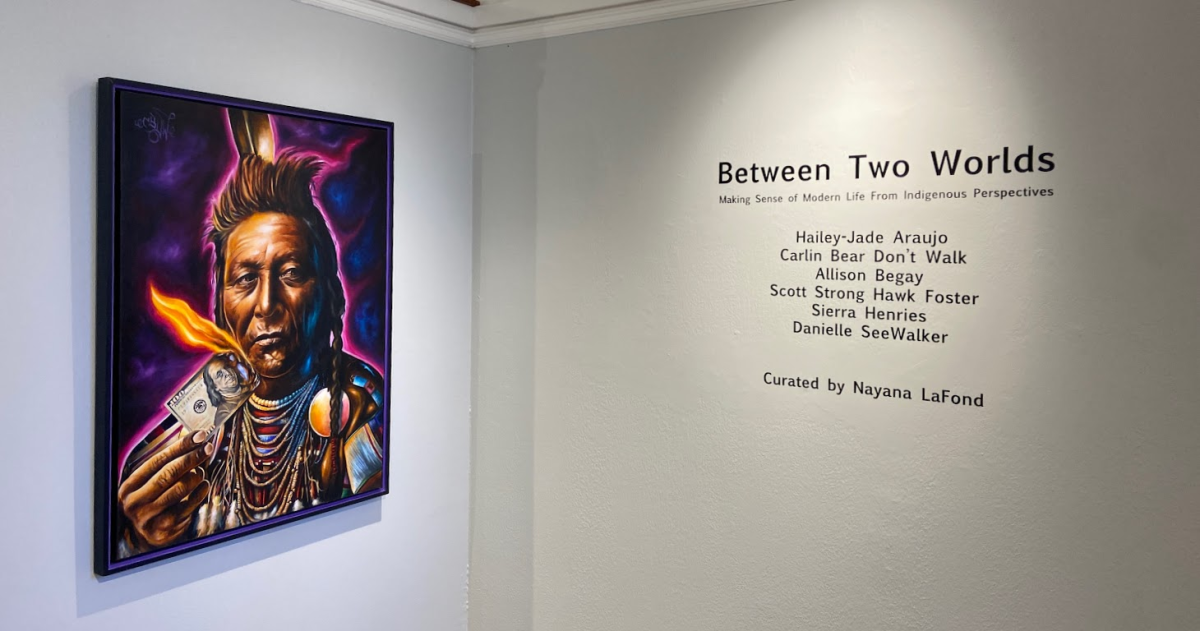
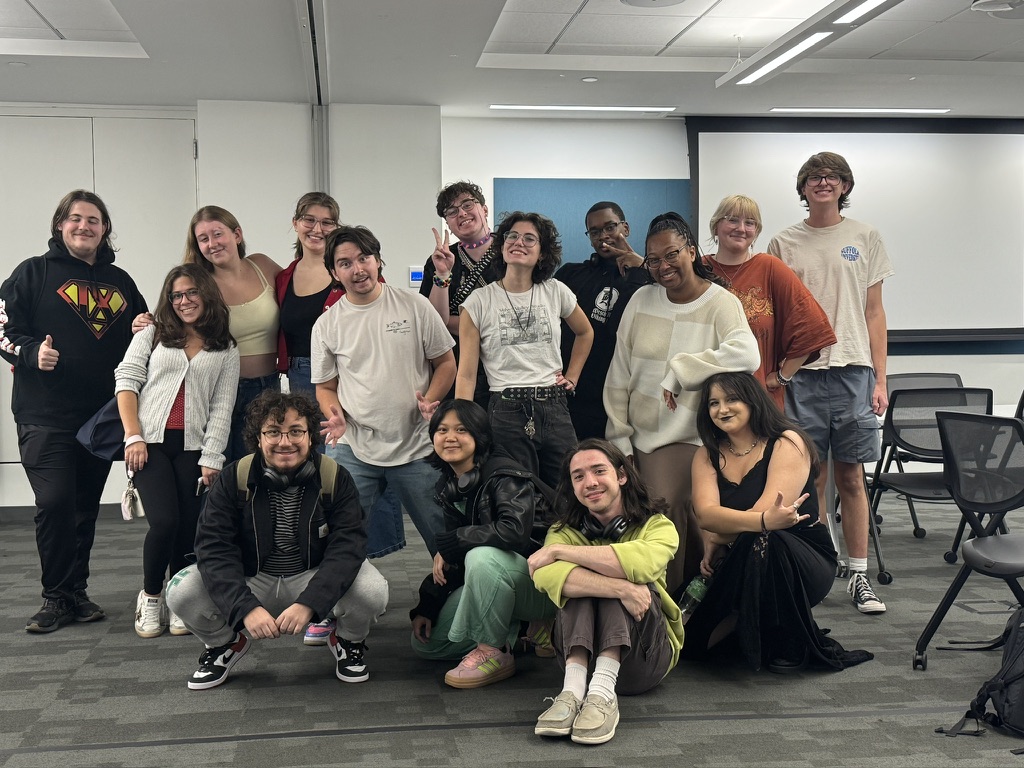
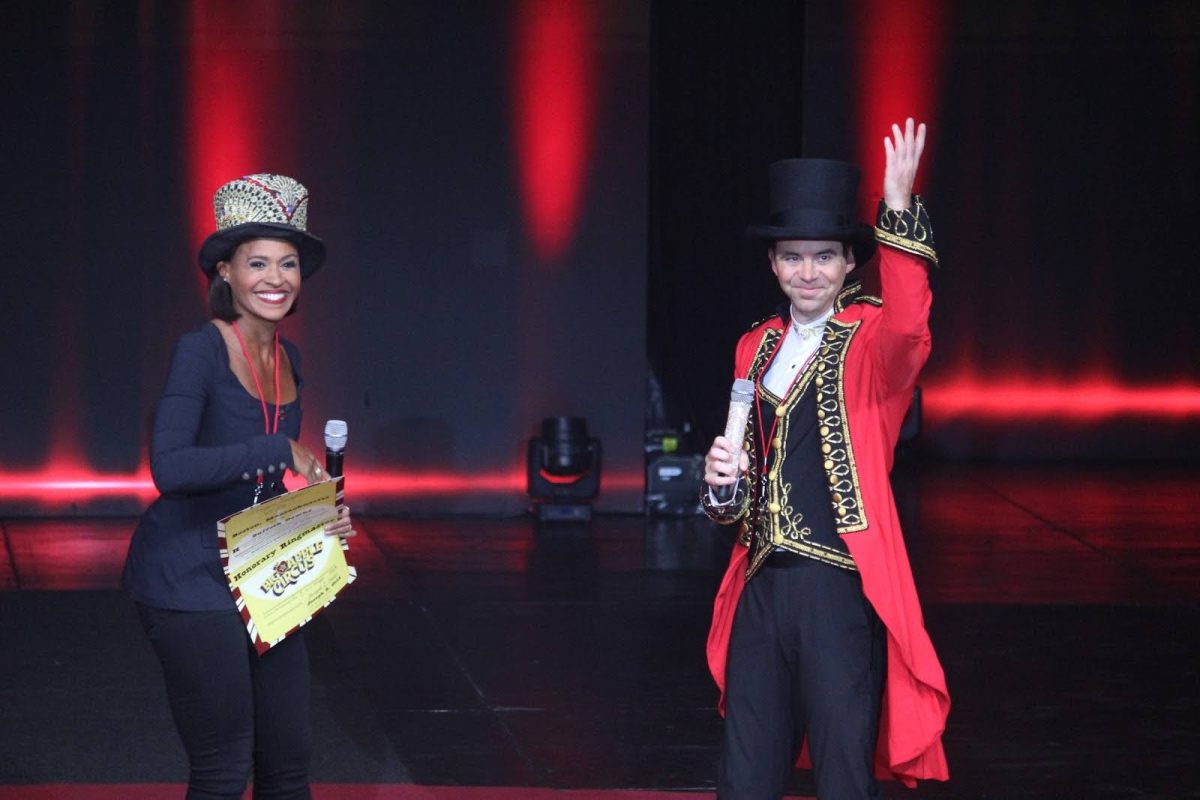
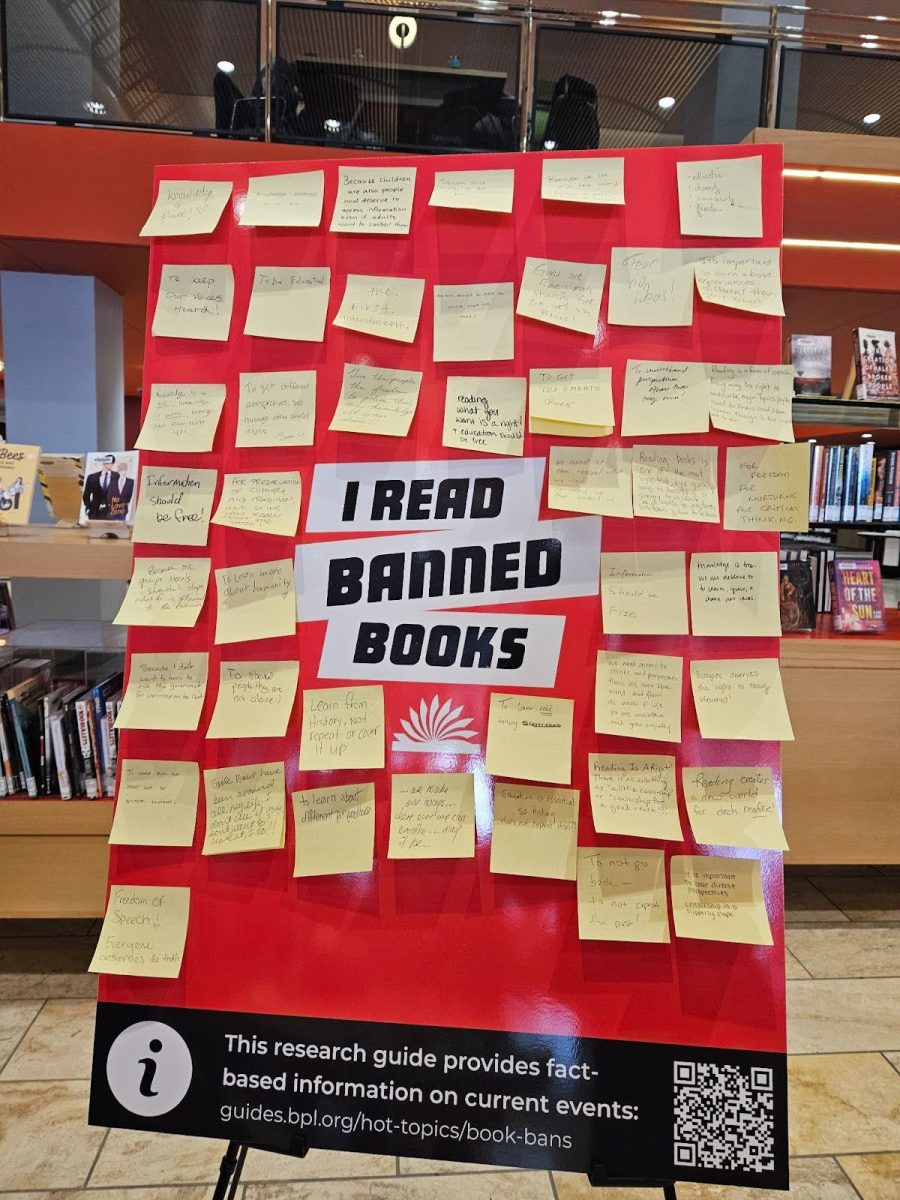

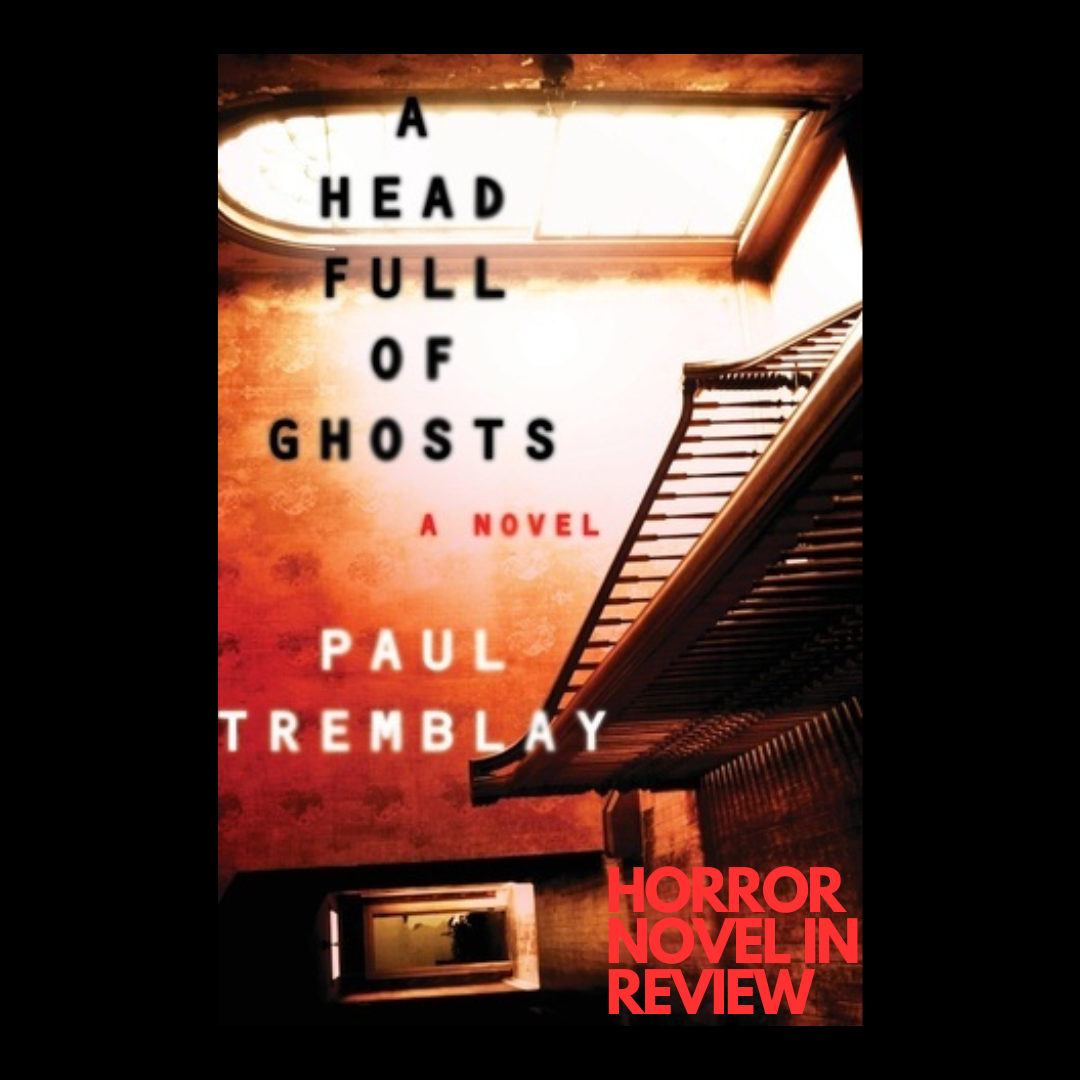
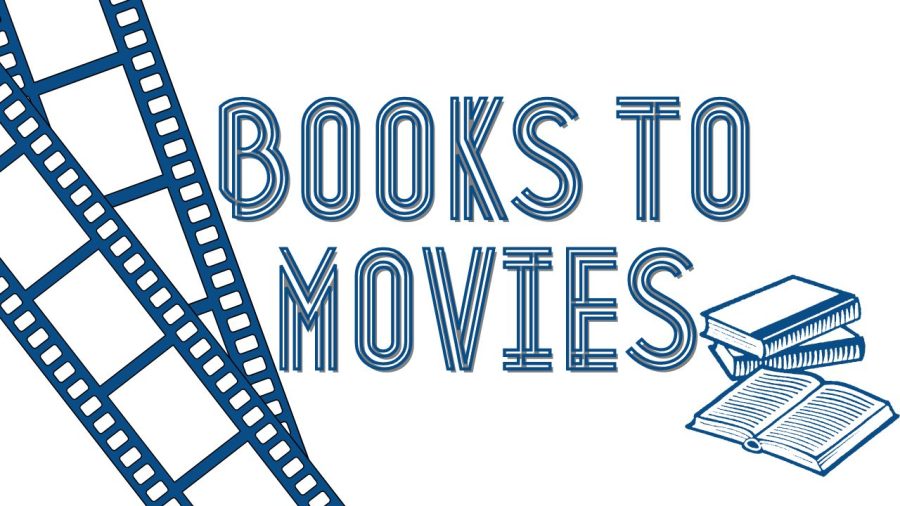

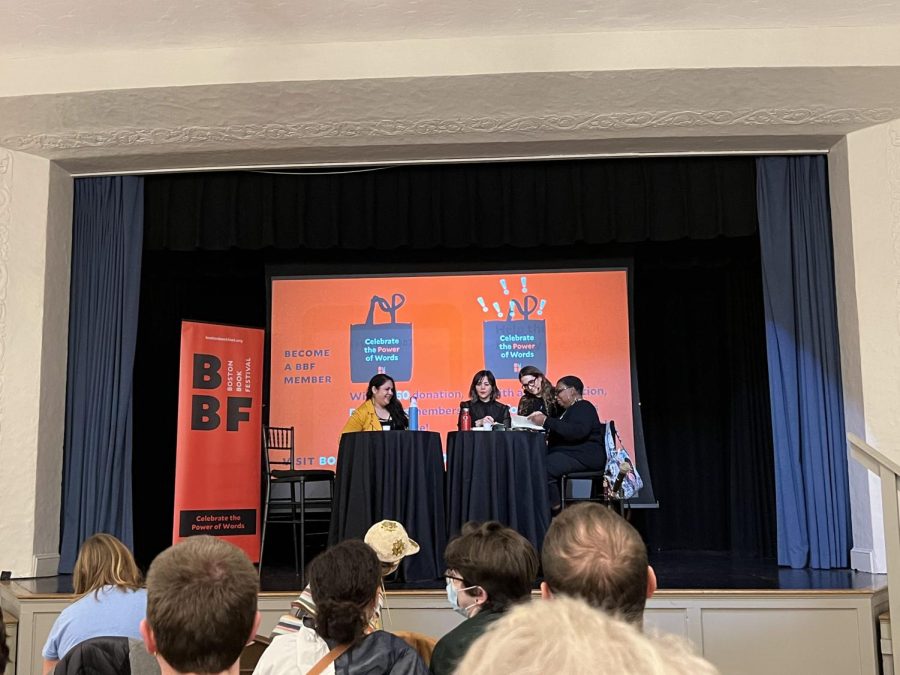

Jeff stone • Mar 23, 2022 at 1:47 pm
I will continue and support all these authors. James Dashner had apologized and should be forgiven.
Will Smith • Apr 14, 2022 at 1:44 pm
Nooo nonononononnononononononononono.
Will Smith • Apr 18, 2022 at 1:41 pm
STOP SILENCING ME